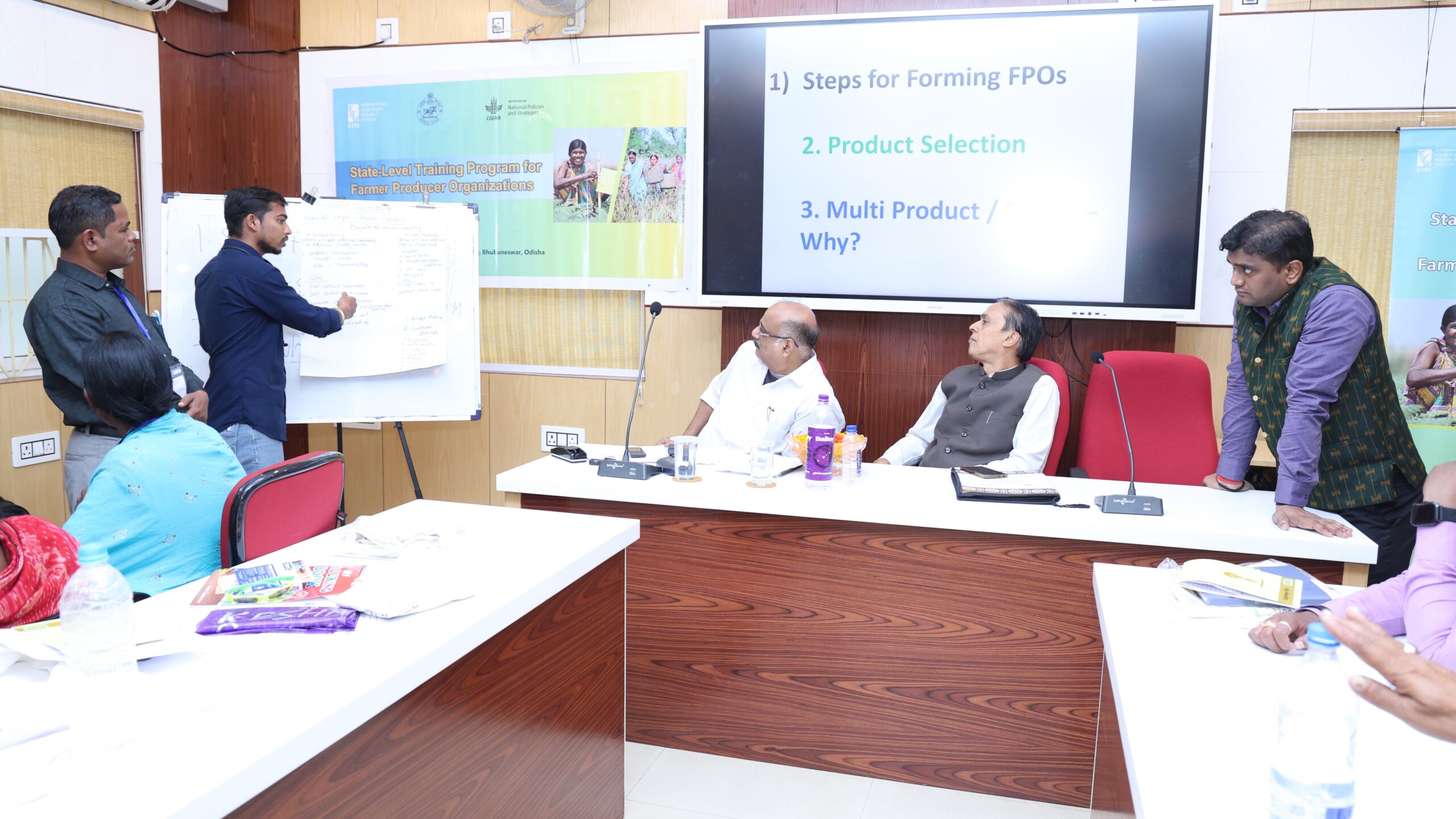What better place to talk about food than Italy? And that’s just what happened this week in Milan: a global discussion about how food is grown and distributed; who has plenty, who doesn’t – and why; and what the future holds for our ability to supply and fairly distribute adequate, nutritious food.
Organized by the Barilla Center for Food and Nutrition, the 4th International Forum on Food and Nutrition brought together scientists, economists, nonprofits, officials, and others to openly debate the complex, and often controversial, issues surrounding food and nutrition.
IFPRI Division Director Mark Rosegrant participated in a panel on the effect of food prices on food access. He and other members of the panel—including former US Secretary of Agriculture Dan Glickman, Cabinet Member of the EU’s Commission for Agriculture and Rural Development Gwilym Jones, and others—discussed local and international “recipes” for fighting volatility and increasing productivity.
One such recipe: National governments should be spending more on agriculture, as only a few African countries have met their commitment to spend 10 percent of their budgets on agriculture. Rosegrant emphasized that a lot can be done at the farm level as well: production can be increased sustainably through integrated water, soil, and pest management and by reducing post-harvest losses.
The panelists agreed on the need for better market regulation to stabilize food prices, improved information to predict them, government action to reduce trade obstacles such as subsidies and export bans, and stronger governance in general—all of which goes hand in hand with a more open and transparent system that empowers farmers and increases production.
The conference comes at a time when the topic of food and agriculture has topped the agendas of such key policy fora as the G20 and Rio +20. But this conference’s attendees wanted even more engagement, from foundations to innovative non-governmental organizations to society at large because…everyone eats.







